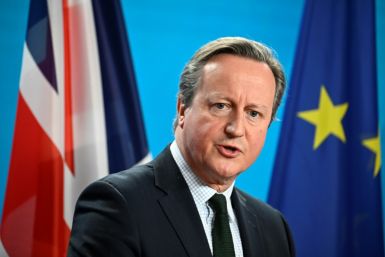Will Australia Launch Cyber War Soon?
The Australian Strategic Policy Institute is out with a report titled Cyber Maturity in the Asia-Pacific Region 2014.
The report looked into how countries are prepared to handle the complexity of the cyberspace as proven by the recent Ukraine-Russia cyber war, the Heartbleed expose' and the controversial NSA surveillance programme.
Cyber maturity, as defined by the report, is the the ability of nations to implement and operate cyber-related structures, policies, legislation and organisations.
"These maturity indicators encompass whole-of-government policy and legislative structures, military organisation, business and digital economic strength and levels of cyber social awareness," according to the report.
The report pointed the Asia-pacific region as the ideal region for exploring the concept of cyber maturity.
"It has undergone tremendous economic growth, political transformation and social change. The development of cyberspace and the information and communications technology that powers it has been an integral part of the region's socioeconomic growth. The online environment is also growing rapidly in importance as an avenue for political and social expression in Asian societies," the report noted.
Australia ranked number two from all rated nations across Asia Pacific, followed by China, Japan and South Korea in terms of overall strength. The United Sates is at number one.
In terms of cyber warfare, Australia ranked number three followed by Singapore, South Korea and North Korea. China is at number two with the US still leading the rankings.
Margot O'Neil of ABC's Lateline asked Tobias Feakin, author of the report, if Australia's ranking indicates that Australia is ready to declare cyber war in the future.
"Both South and North Korea acknowledge they have offensive cyber war capabilities. So, does Australia's ranking mean it should now publicly declare whether it can also launch cyber war, not just defend against it?," Ms O'Neil asked.
"It'd be very beneficial for Australia to have a military doctrine, if you like, which outlined in an unclassified sense how its Australian Defence forces think about cyber capabilities," Mr Feakin said.
However, Australia needs to improve its cyber security policy in order to be capable of launching a cyber war.
"Australia hasn't actually had a cyber security policy since 2009, and that in of itself, a five-year time gap is a little bit too long. ... Five years ago there were very different patterns of attack methodologies, the malware that was about then was very, very different to that which it is now."






